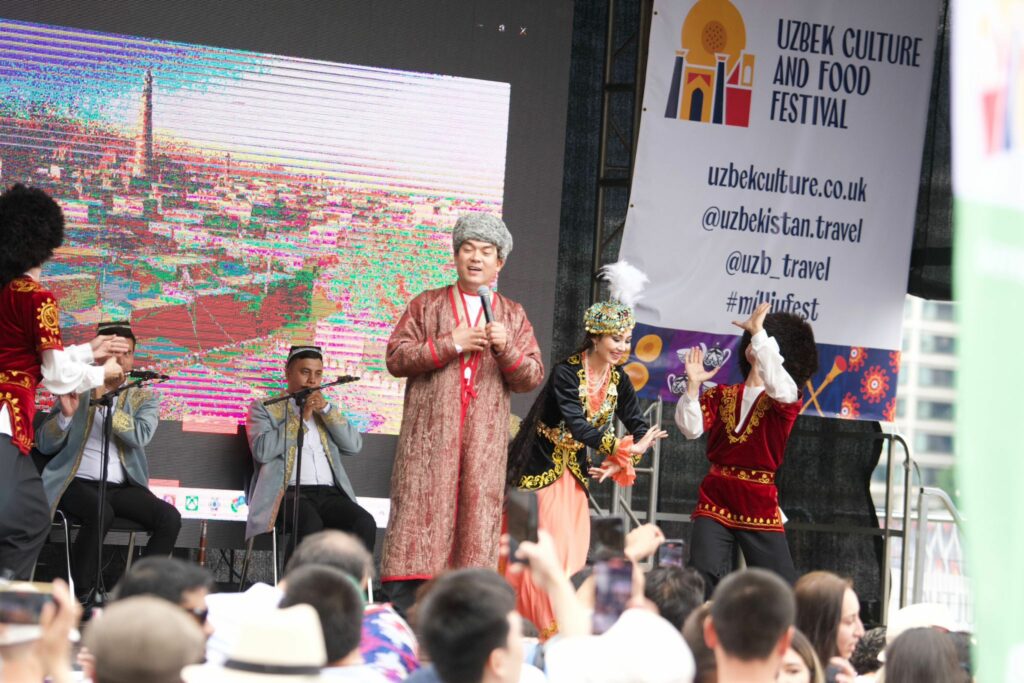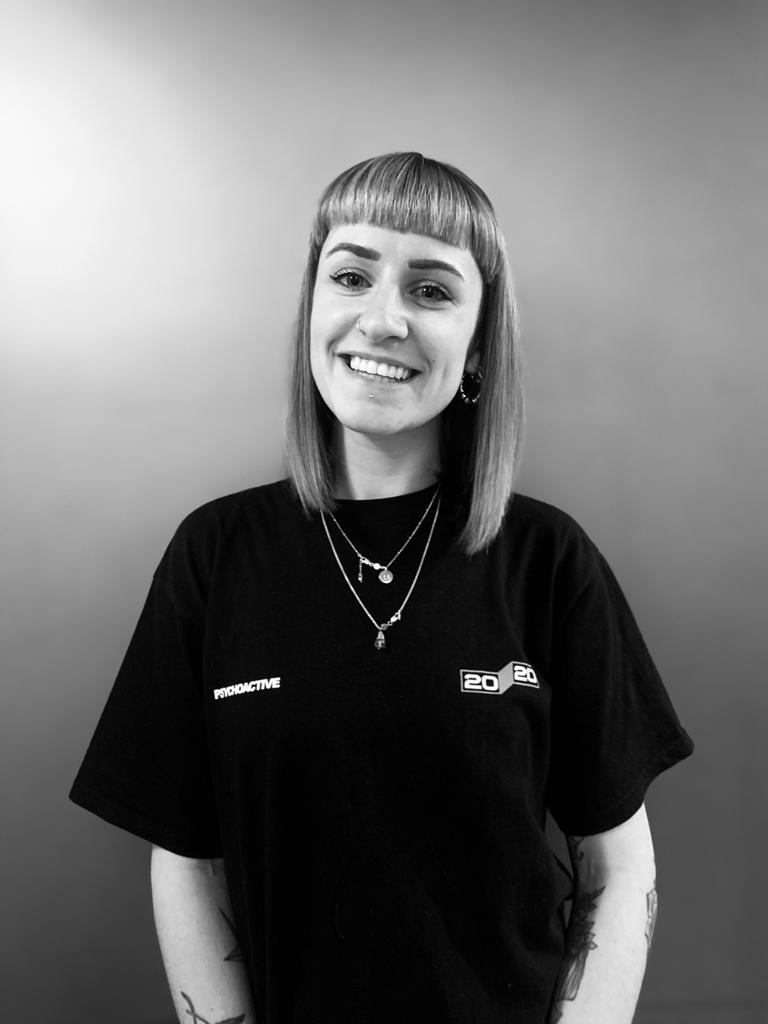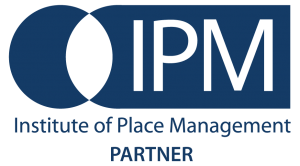At a time when developers find themselves at a crossroads, placemaking serves as an essential tool to bring schemes back to life – with communities, and for communities.
Hanna Davis, Account Director at We Are Placemaking, explains how small investments can go a long way.
Like most organisations nationwide, developers are feeling the crunch of the economic crisis. While often considered asset-rich, the reality for even the most prestigious of property companies is limited cash flow, as a result of economic challenges and specifically a reduction in rent rolls.
Developers therefore find themselves at a crossroads, questioning exactly how and when to invest in spaces to keep them thriving.
This is where placemaking comes into play: a powerful tool for breathing life into communities, predicted to be at the core of brick-and-mortar strategies in 2024. Transforming large-scale real estate projects as well as spaces for individual companies and retailers, placemaking gives consumers multiple reasons to visit – and linger – in these spaces.

Already, we are seeing the impact of this investment – particularly for organisations hosting free, community-led events. In January, the Frost Fair – a historic event inviting visitors to enjoy markets, food and drink, dancing, art and endless entertainment in the heart of London – enticed thousands of people to visit the area over three days. While specific footfall is difficult to calculate due to the nature of the Frost Fair as a public event, Better Bankside – the London Business Improvement District [BID] which hosted the event in collaboration with We Are Placemaking – reached 37,500 on social media and recorded 36 pieces of press coverage. The BID also engaged with 18 member businesses and received sponsorship from seven large property developments.
Community remained at the heart of the Frost Fair – with a whole ‘community day’ dedicated to welcoming the people of Blackfriars, as well as local schools and stakeholders. Better Bankside noted how: “The creative and collaborative spirit of the Frost Fair shone through, not only by galvanising local businesses to join the event, but also with community engagement projects including performances from local schools and choirs, and real time art projects. The event also surpassed our goals in our raising much needed funds for local charity, The Manna Society.”
It is important to note that ‘community’ can span far and wide when it comes to placemaking. In 2023, we were approached by Oshpaz, a company infamous for its award-winning traditional Uzbekistan recipes, to produce London’s first ever Uzbek Culture and Food Festival – in collaboration with the Ministry of Culture and Tourism in Uzbekistan, the Embassy of Uzbekistan in England and Uzbek Diaspora UK.
The festival celebrated the diverse cultural heritage of Uzbekistan – showcasing the country’s traditional cuisine, craftmanship, music and dance performances. We liaised with organisers over 3,700 miles away in Uzbekistan to bring this event to life for the Uzbek community in London, as well as all other communities keen to experience Uzbek culture. Again, the impact was significant, with up to 6,000 guests attending the event. Oshpaz noted how placemaking “played a crucial role in creating a vibrant and immersive cultural experience for our attendees.”

It’s clear that hosting events for the public can create significant results, but engaging the public in planning decisions is also key. Research shows people thrive in places that fulfil their needs and which they have helped to shape. So, including residents and stakeholder groups in placemaking plans from the get-go – whether it be hosting resident meetings or workshops that empower communities to become part of the decision-making process – can go a long way.
For organisations that are not in a position to host free events, the appetite for experiences still offers opportunities. More than 3 in 4 millennials (78%) have said they would choose to spend money on a desirable experience over something desirable, and 55% of millennials are spending more on events and live experiences than ever before. The rise of the experience economy is only going to see placemaking events become increasingly important for developers looking to make their spaces unforgettable.
Property developers on more challenged budgets can also consider the available spaces within their developments. Can underutilised areas be transformed into vibrant, communal spaces? Is there potential for permanent installations that enrich the local environment?
This year, we have seen a significant increase in those looking to invest in permanent placemaking in the form of cap-ex. This is being incorporated into long-term strategies with the aim to create attractive and meaningful environments that drive demand for the properties within them, increasing value over time. At Spitalfields Market, we implemented a new permanent light structure, which benefited 1.8 million people who visited between November and December. By recognising the importance of investing in placemaking, developers can help drive economic growth – considering small additions that will benefit residents and visitors for years to come.

Placemaking may be at the forefront of predictions this year, but rather than just a trend, it is a lifeline for communities and developers, both of which will benefit from this strategic investment. In times of economic challenges, the infusion of creativity, community engagement, and thoughtful, creative solutions can create lasting positive change. As all parties navigate these challenging times, it’s crucial to recognise the gains that can be made, turning small investment into long-lasting impacts through placemaking – for people and place, companies and communities.
Let’s reimagine our spaces, invest in our communities, and together build a future that thrives through the power of placemaking.
The ‘Power of Placemaking’ is We Are Placemaking’s campaign to highlight the value of placemaking for people, places and communities, and how best developers, BIDs and other organisations can celebrate their spaces. Get in touch to find out more.

We Are Placemaking is a creative placemaking agency animating public realms through live events to deliver world-class experiences for customers and communities.





